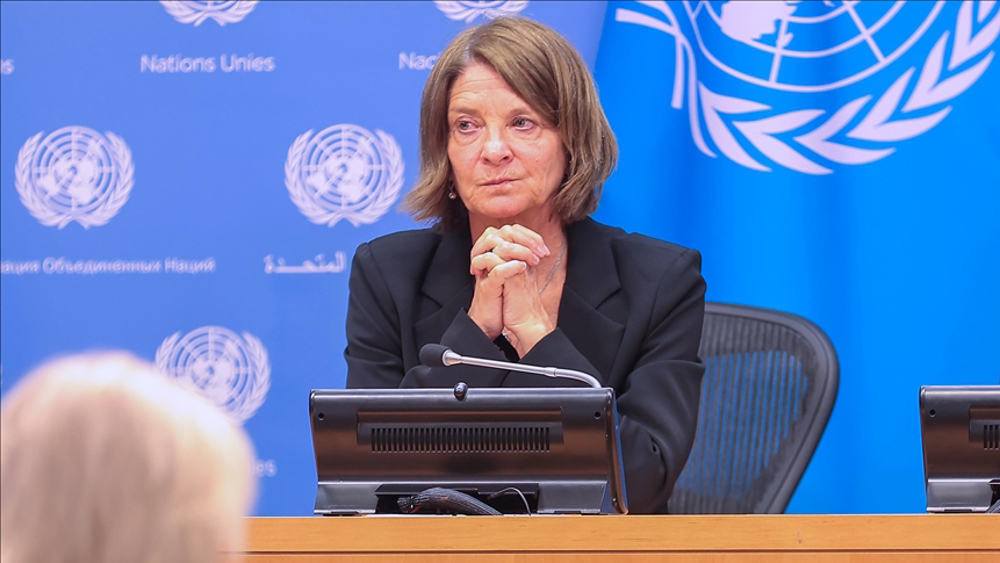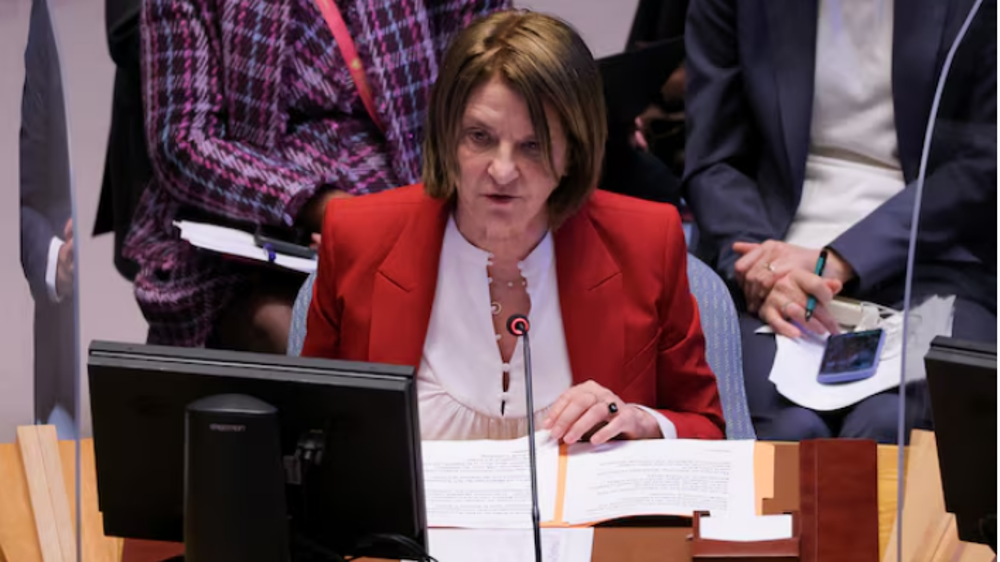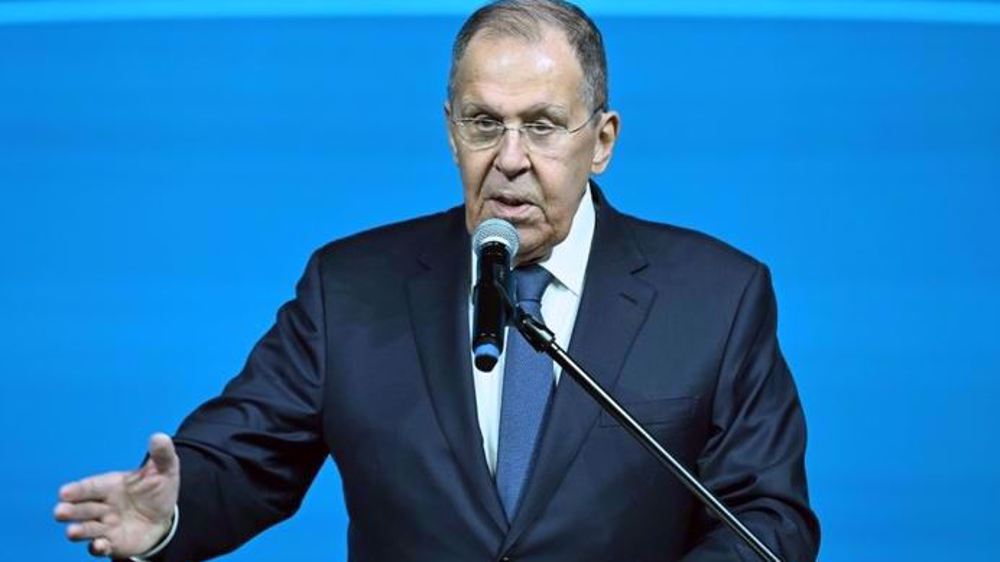NATO plans to station rotating force near Russia border
NATO has announced plans to station a rotating force near the border with Russia amid allegations made by members of the Western military alliance concerning the "potential threat" of Russian aggression.
“NATO has decided to increase our forward presence in the eastern part of the alliance and we have decided that this enhanced forward presence is going to be a multinational presence and it's going to be a rotational presence,” NATO Secretary General Jens Stoltenberg told reporters on Monday after a meeting with Polish President Andrzej Duda in Warsaw.
“We have not made the final decisions on the exact numbers and exact locations because these decisions will be made by heads of state and government at our summit here in Warsaw in a few weeks. But we are now working on the concrete proposals we have received from our strategic commanders, from our military planners,” the NATO chief stated.
Stoltenberg added that NATO military planners have proposed the deployment of “several battalions” in different European countries, namely the Baltics and Poland.
“I can say that there will be more NATO presence in Poland, the exact numbers, it's something we will have to announce when we have made the final decisions.”
Meanwhile, Russian Permanent Representative to NATO Alexander Grushko said on Monday that the Western military contingent is trying to move confrontational schemes to the Black Sea, and Moscow will use all means at its disposal to neutralize them.

He also denounced NATO’s contradictory behavior toward Russia and its persistence on a strategy of “containing” Moscow despite repeated calls for political dialogue.
“Today, NATO is trying to move confrontational schemes to the Black Sea. Recently, Turkish President Recep Tayyip Erdogan said that the transformation of the Black Sea into the 'Russian lake' was not acceptable,” Grushko told the Russian-language daily newspaper Rossiiskaya Gazeta in an exclusive interview.
“But everyone in NATO knows that the Black Sea will never become a 'NATO lake,' and we will take all necessary measures in order to neutralize possible threats and attempts to exert pressure on Russia from the south.”
Ties between NATO and Russia have been tense for the last two years over a crisis in Ukraine, where the government and its Western allies keep accusing Moscow of having a hand in the turmoil in the east. The Kremlin strongly rejects the claims.
Russia has also criticized NATO’s expansionist policy to include countries in the Western Balkan region, saying the move directly harms Russia’s strategic interests in the area.
Hezbollah: 47 years of Iranian progress proof of ‘abject failure’ of Western plots
Iran’s Larijani meets Qatari emir amid nuclear talks with US
VIDEO | 47th anniversary of Islamic Revolution celebrated at Iran's Embassy to Holy See
VIDEO | Sana’a marks February 11 anniversary with mass rally at US embassy site
VIDEO | Iran’s Embassy in Ethiopia celebrates 47th anniversary of Islamic Revolution
Saudi leaders congratulate Iran on 47th anniversary of Islamic Revolution
VIDEO | Iranian embassy in Malaysia celebrates Islamic Revolution anniversary
VIDEO | Press TV's news headlines




















 This makes it easy to access the Press TV website
This makes it easy to access the Press TV website